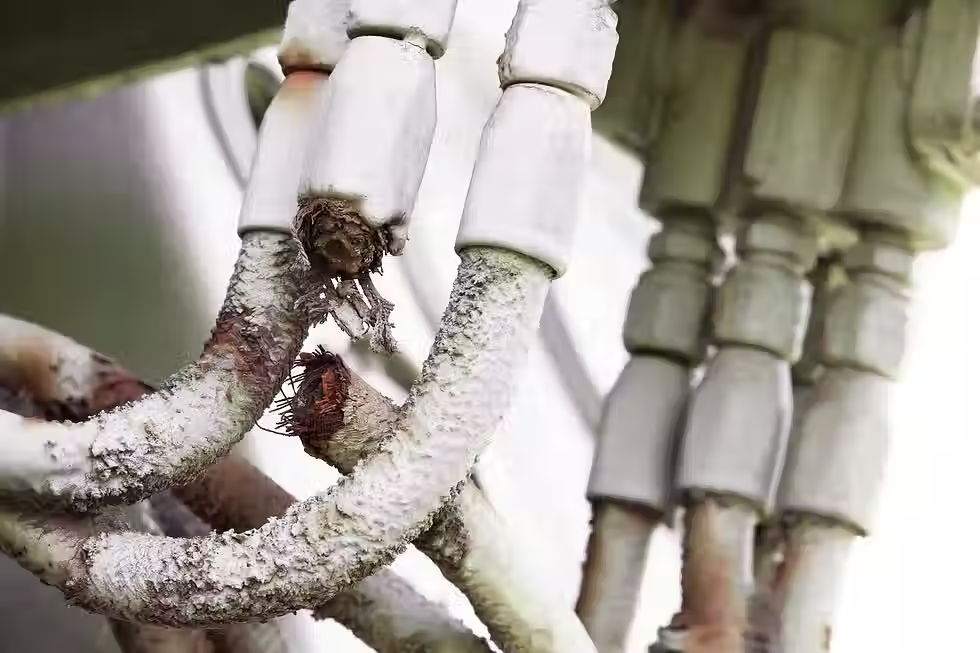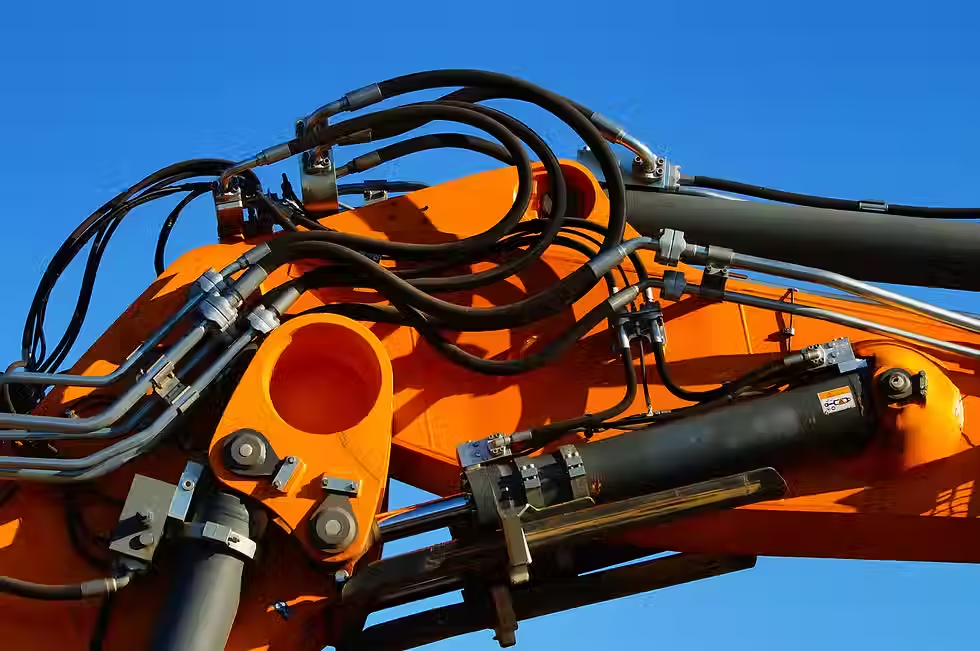Avoid These 5 Common Hydraulic System Failures – And How to Prevent Them
- CTIS

- Jul 8, 2025
- 3 min read

Hydraulic systems are the lifeblood of countless industries—manufacturing, construction, agriculture, and beyond. When they’re running right, they deliver power, precision, and reliability. But when they fail? You’re looking at costly downtime, safety risks, and expensive repairs.
The good news: most hydraulic system failures are preventable with the right knowledge and a solid preventive maintenance plan.
In this guide, we’ll break down the five most common hydraulic system failures, how to spot them, and what you can do to stop them in their tracks.
1. Contaminated Hydraulic Fluid
The Problem: Contamination is the number 1 cause of hydraulic system failure. Dirt, water, metal shavings, and other particles can enter your system through worn seals, poor maintenance practices, or even during fluid changes. Once inside, these contaminants cause abrasive wear, corrosion, and reduced system efficiency.
How to Prevent It:
Use high-quality filters and replace them regularly.
Keep reservoirs sealed and clean.
Regularly test hydraulic fluid for contaminants.
Train staff on proper fluid handling and storage procedures.
Pro Tip: Implementing a fluid cleanliness program can significantly extend component life and reduce maintenance costs.
2. Overheating
The Problem: Excessive heat degrades hydraulic fluid, damages seals, and reduces system efficiency. Overheating can result from high workloads, low fluid levels, or blocked cooling systems.
How to Prevent It:
Monitor fluid temperatures and maintain them within recommended ranges.
Ensure cooling systems are functioning properly.
Maintain proper fluid levels.
Use hydraulic fluids with appropriate viscosity and thermal properties.
Pro Tip: Regularly inspect and clean heat exchangers and coolers to ensure optimal performance.
3. Air and Water Contamination
The Problem: Air and water in hydraulic fluid can cause cavitation, corrosion, and erratic system behavior. Air contamination leads to foaming and reduced lubrication, while water contamination causes rust and component degradation.
How to Prevent It:
Use desiccant breathers on reservoirs to prevent moisture ingress.
Regularly check and replace seals to prevent air entry.
Store hydraulic fluid in sealed containers in a dry environment.
Perform regular fluid analysis to detect contamination early.
Pro Tip: Implementing vacuum dehydration systems can effectively remove water from hydraulic fluids.
4. Component Wear and Tear
The Problem: Over time, components like pumps, valves, and actuators wear down due to friction, pressure, and contamination. This wear leads to decreased performance and eventual failure.
How to Prevent It:
Implement a preventive maintenance schedule for regular inspections.
Use high-quality components designed for your specific application.
Ensure proper lubrication and fluid cleanliness.
Monitor system performance for signs of wear, such as unusual noises or decreased efficiency.
Pro Tip: Utilize condition monitoring tools to detect early signs of component degradation.
5. Improper Maintenance Practices
The Problem: Neglecting regular maintenance or performing it incorrectly can lead to system failures. Common issues include using the wrong fluid, overfilling or underfilling reservoirs, and ignoring manufacturer guidelines.
How to Prevent It:
Develop and adhere to a comprehensive maintenance plan.
Train personnel on proper maintenance procedures and the importance of following them.
Keep detailed maintenance records to track service history and identify recurring issues.
Consult manufacturer guidelines for specific maintenance requirements.
Pro Tip: Partnering with a knowledgeable supplier can provide access to expert advice and resources for proper maintenance practices.

Conclusion
Preventing hydraulic system failures requires a proactive approach centered around regular maintenance, proper training, and attention to detail. By understanding common failure modes and implementing preventive measures, you can enhance system reliability, reduce downtime, and extend equipment lifespan.
At CTIS, we specialize in providing top-quality hydraulic supplies and expert support to keep your systems running smoothly. Our team is dedicated to helping you implement effective maintenance strategies tailored to your specific needs.
Ready to optimize your hydraulic systems? Contact CTIS today to learn how our products and services can support your maintenance goals and improve operational efficiency.




Comments